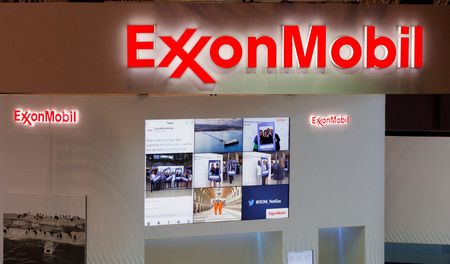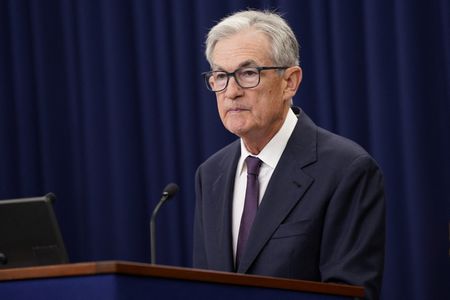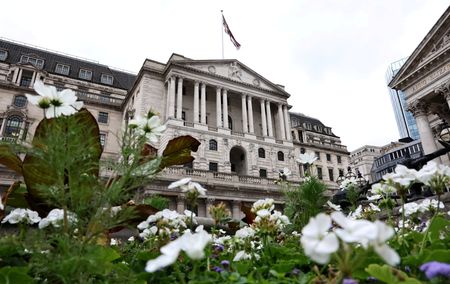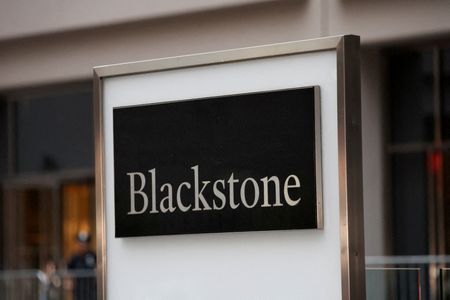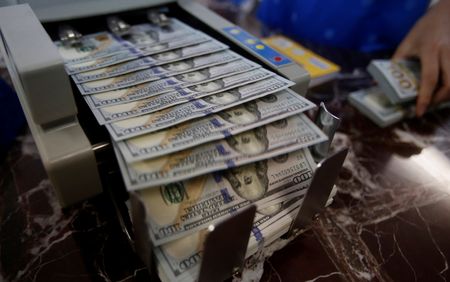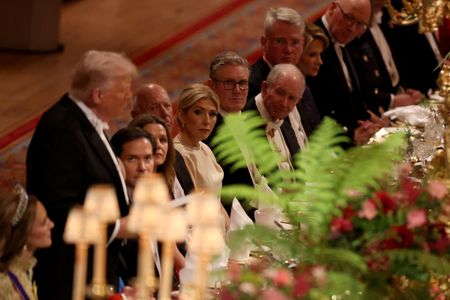By Philip Blenkinsop
BRUSSELS (Reuters) -ExxonMobil is pausing 100 million euros ($118.4 million) of investment in European plastic recycling because of draft EU rules that determine the recycled content in a final product.
The U.S. energy producer has two projects for chemical recycling at existing plants in Rotterdam and Antwerp to process 80,000 metric tons of plastic waste per year.
However, Senior Vice President Jack Williams told Reuters in an interview the two projects had now been paused because of the draft EU rules he said discriminated against using existing petrochemicals sites versus standalone facilities.
“Everything else is on track. We’ve had local support,” he said. “We want to make these investments… The only thing standing between us and doing this project is EU policy.”
At issue is a draft law to calculate the recycled content based on the mass of waste going into the system and the mass of the output.
ExxonMobil says it significantly favours standalone technologies where the path from plastic waste to output is clearer and penalises more complex integrated facilities into which fossil feedstocks are fed.
Williams said that, based on the draft law, its facilities would get less than half of the credits due.
The draft has been the subject of a public consultation that ended a month ago. Industry groups and companies, including Finland’s Neste, share Exxon’s view.
The EU has targets to increase plastic recycling rates, such as 30% recycled content in plastic bottles by 2030.
The industry says it needs to combine mechanical recycling that reprocesses waste without changing its chemical structure and chemical recycling, which can process more complex plastics by breaking them down into basic chemicals.
Williams also said that although U.S. import tariffs were not a significant problem for the company, EU regulation was.
He specifically urged the EU to repeal the Corporate Sustainability Due Diligence Directive (CSDDD) that requires larger companies to check if their supply chains use forced labour or cause environmental damage.
Williams said it was complex, bureaucratic, costly, in some cases unachievable and applied beyond the EU. The EU has already eased the rules and delayed its implementation.
($1 = 0.8447 euros)
(Reporting by Philip Blenkinsop, editing by Ed Osmond)

